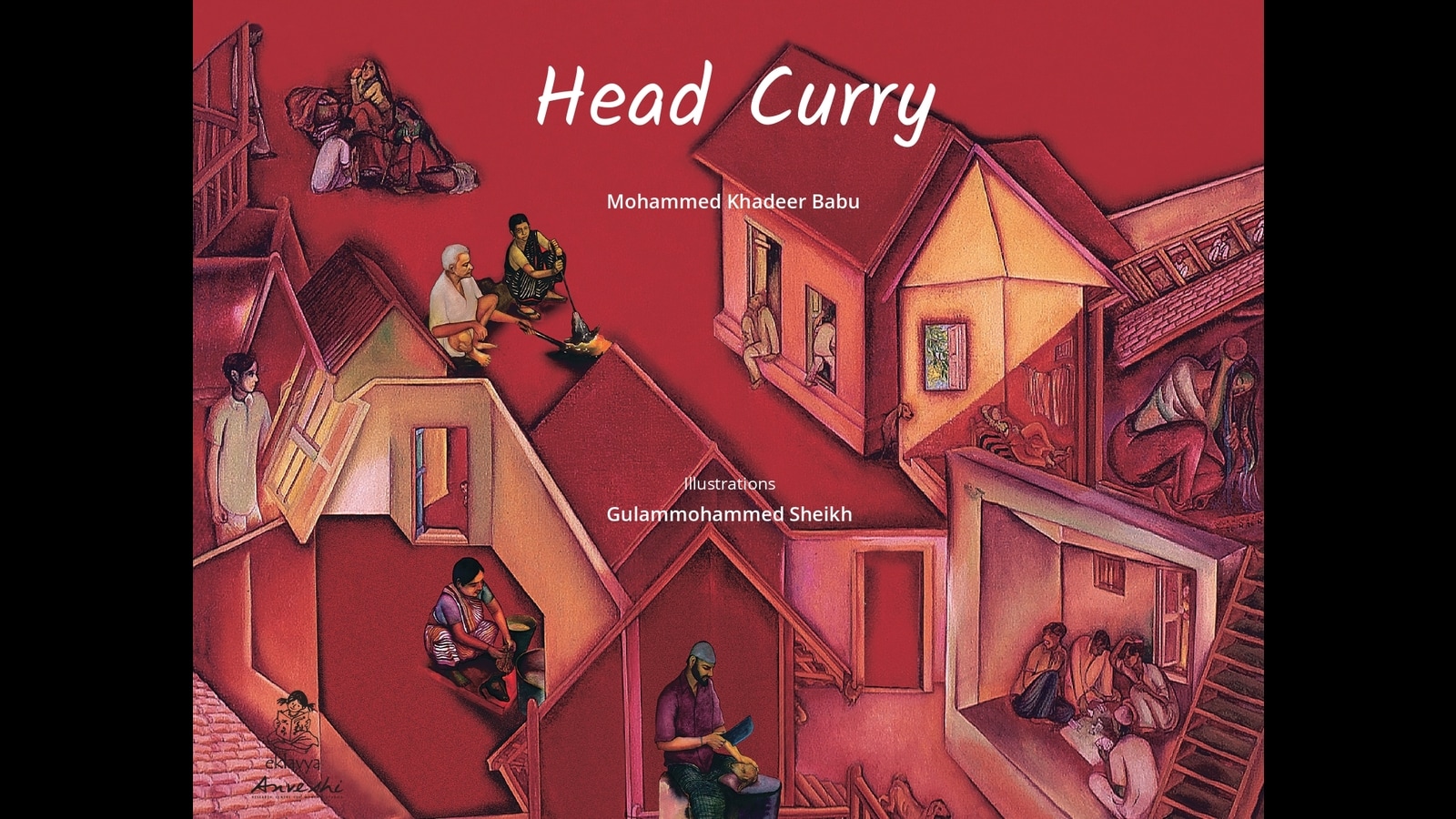
[ad_1]
My father cannot eat a meal without meat.

Even if my mother cooks meat six days and six nights in a week and makes vegetable for just one meal he makes a face, pushes the rice around in the plate, shoves the plate towards my mother and refuses to touch the food.
That is because my father was born in a coastal village in Ongole district. He was born to my grandfather who exported fish to Madras by sea. Right from childhood he had his daily fill of fish, prawns, meat and eggs, and grew up strong and healthy. And so he got thoroughly used to eating meat.
But what he likes most among all the various kinds of meat is—curry made from ram’s head.
To tell you the truth, almost all organs of a ram’s body are indescribably tasty: the thighs have one taste, ribs have a different taste if cooked with tamarind leaves, the heart has one taste when grilled over the fire, and another if made into a sweet curry. The liver has another flavor, the lungs have yet another taste, and if you cook the intestines with gongura it is simply superb. But what tops it all is ‘head curry.’
Once a ram is slaughtered, thirty people can share its meat. But only one person can claim the head. That is why whenever my father felt like eating head curry, his craving became a headache for me.
The reason is. . . there is a man called Maabbasha in my town. Though he is a goldsmith by profession, he cannot make enough money to make both ends meet (poor thing, he has only girl children). To make extra money, he slaughters a ram and sells its meat very Sunday.
As he does everything in front of one’s eyes—brings the ram, slaughters it, skins it, cuts the meat into pieces—people generally prefer to buy the meat from him rather than in the open meat market. And since Sunday is a busy day in the meat market, one is never sure whether the meatsellers are selling sheep’s meat or ram’s meat. That is why . . .
(Excerpted with permission from Head Curry by Mohammed Khadeer Babu, translated by A Suneetha, illustrated by Gulammohammed Sheikh; published by Eklavya; 2024)
[ad_2]
Source link










